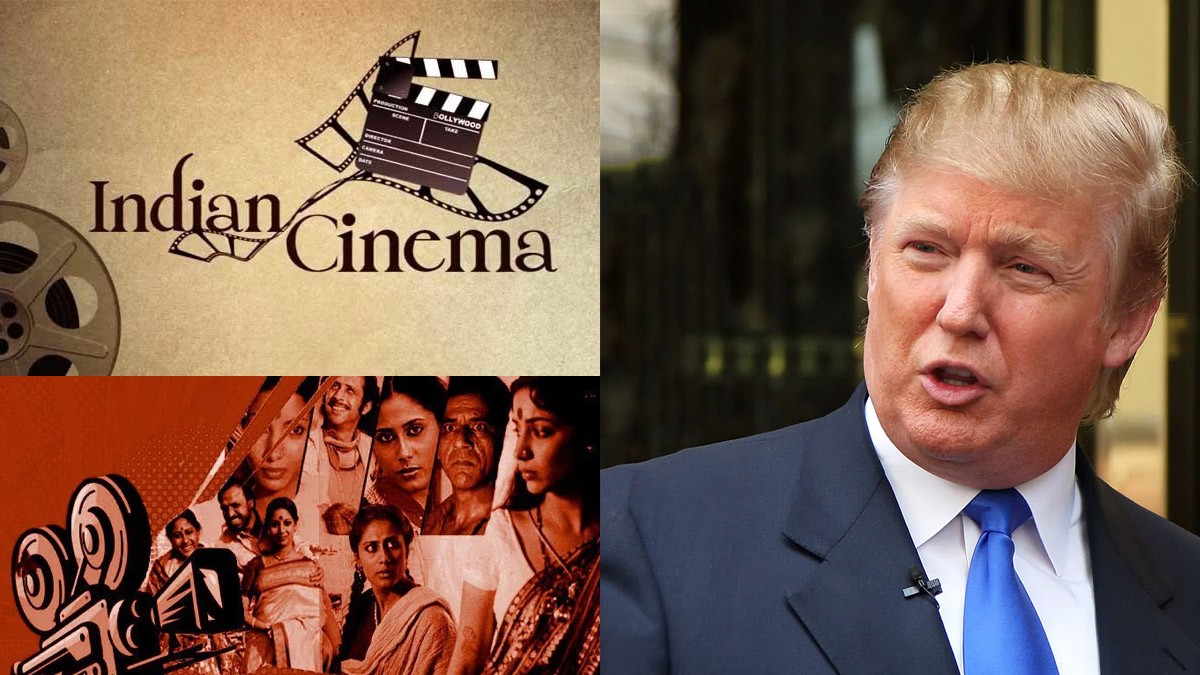
In a dramatic policy shift, Donald Trump has announced a 100% tariff on all foreign films entering the United States, citing the decline of Hollywood as a national security issue. The move aims to encourage film production within the U.S. and reduce reliance on international cinema. However, this decision has raised concerns among filmmakers worldwide, particularly in India, where Bollywood and regional films have seen a significant rise in popularity across North America.
Indian cinema has been making remarkable strides in the U.S., with films like RRR and Pathaan breaking box office records. The Indian diaspora and non-Desi audiences have contributed to this growing market, making the U.S. one of the largest overseas markets for Indian films. However, under Trump’s proposed tariff, distributors purchasing Indian films for U.S. release would face double the investment cost, potentially discouraging imports and limiting Indian cinema’s reach.
Industry experts, including filmmaker Vivek Agnihotri, have warned that this policy could collapse India’s struggling film industry if implemented. The tariff could also push Hollywood productions abroad, as filmmakers seek cost-effective alternatives. With uncertainty surrounding the enforcement of the policy, global cinema faces a potential shake-up, leaving Indian filmmakers and distributors in a precarious position as they navigate the evolving landscape of international film trade.
